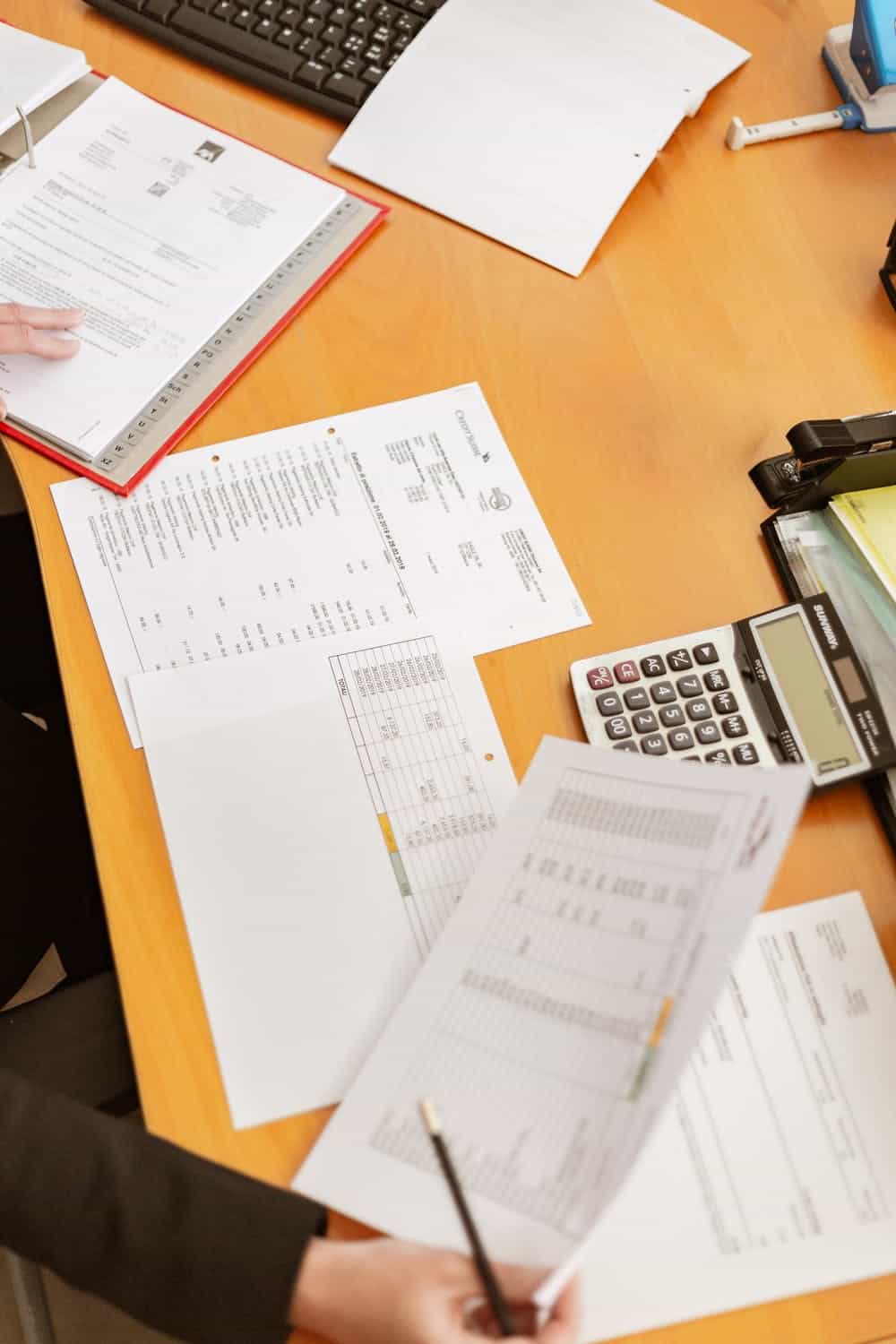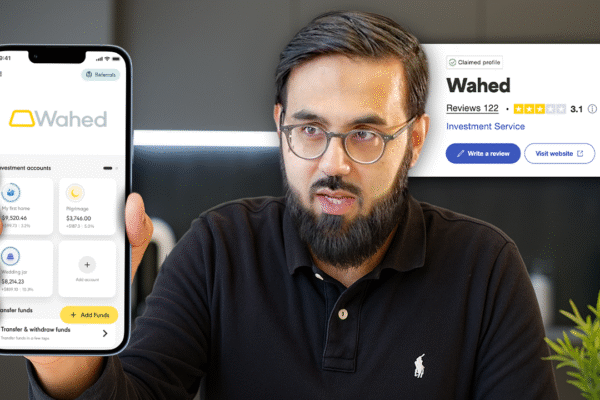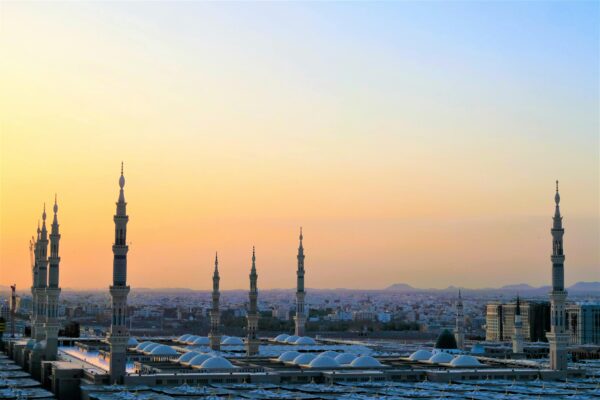What is Zakat? | Islamic Finance Definitions Series


Isma'il Mustafa
Head of Operations
3 min read
Last updated on:
What is Zakat (Zakah)?
Zakat (‘zakat al-mal’) is the third pillar of Islam. More than just a compulsory tax on wealth, it is a form of worship mentioned together with salah (prayer) 28 times in the Quran.
It involves Muslims giving 2.5% of their wealth annually towards certain charitable causes.
Zakat al-fitr
This is not to be confused with zakat al-fitr, which is a duty paid during Ramadan. Zakat al-fitr is paid by everyone who can afford it (and the family head pays it on behalf of all dependants).
To find out the rate of zakat al-fitr and make the donation, contact your local mosque before Eid al-fitr.
How to calculate Zakat
If you need to calculate your zakat you should check out our comprehensive zakat calculator.
Spiritual benefits of zakat and religious significance
Zakat translates to ‘purification’/ ’growth’. How is it that giving away part of our wealth purifies and grows it?
Zakat helps Muslims achieve financial and spiritual reform in this act of self-discipline by staving off greed and rebalancing focus.
Zakat involves all able Muslims in the health of the community: a reminder that achieving prosperity, harmony and justice across the Ummah is something each and every Muslim is involved in.
Muslims are responsible for using the wealth they have for good as they seek to increase it. Ultimately, wealth is a trust from Allah so it should not be hoarded or obsessed over.
In the Quran we are told:
- “Goodness does not consist in turning your face towards East or West. The truly good are those who believe in God and the Last Day, in the angels, the Scripture, and the prophets; who give away some of their wealth, however much they cherish it, to their relatives, to orphans, the needy, travellers and beggars, and to liberate those in bondage; those who keep up the prayer and pay the zakat; who keep pledges whenever they make them; who are steadfast in misfortune, adversity, and times of danger. These are the ones who are true, and it is they who are aware of God.” [2:177]
- “Those who believe, do good deeds, keep up the prayer, and pay the zakat will have their reward with their Lord: no fear for them, nor will they grieve.” [2:277]
Who is required to give zakat?
Zakat is due on the day one’s personal wealth (possessions minus debts/expenses) exceeds the nisab threshold and every lunar anniversary of that date thereafter (except if one’s wealth falls below the threshold).
Some choose to give their zakat before their zakat anniversary (e.g. during Ramadan due to its bountiful reward).
There are two nisab thresholds: gold and silver. These come from the two currencies in use during the Prophet (peace be upon him)’s time. Many scholars hold that the silver nisab is the benchmark we should use, especially if we have mixed assets (as opposed to purely gold assets).
You can work out your zakat liability with this handy calculator we’ve created.
Missed zakat is a debt that must be settled in order to restore barakah in your wealth. Here is a helpful guide on missed zakat.
Who can receive zakat?
Zakat can be distributed in aid of:
- The Poor (whose wealth is below the nisab level)
- The Needy (who need help to afford their basic needs)
- Zakat administrators
- Reconciling hearts
- Freeing slaves
- Helping those struggling due to overwhelming debt
- The cause of Allah
- The traveller (with a worthy goal).
It may be thought that zakat should be given abroad as there aren’t needy people in one’s local community. However this should not be taken to an extreme – there are needy Muslims that are supported by zakat in the UK, and their number is increasing (half of Muslim households in the UK live in deprivation). The National Zakat Foundation is working hard to establish a system for Zakat in the UK – check out their work here.
This article is part of the Islamic Finance Definitions Series.
Further resources
https://www.islamicfinanceguru.com/zakat
Comments (0)
Related Articles
View all
Wahed Invest – A Detailed Review & How to Use It (2025)
24 July 2025 15 min read

The Fall of Riba in the New York of Ancient Arabia
21 March 2025 4 min read



Leave a Reply